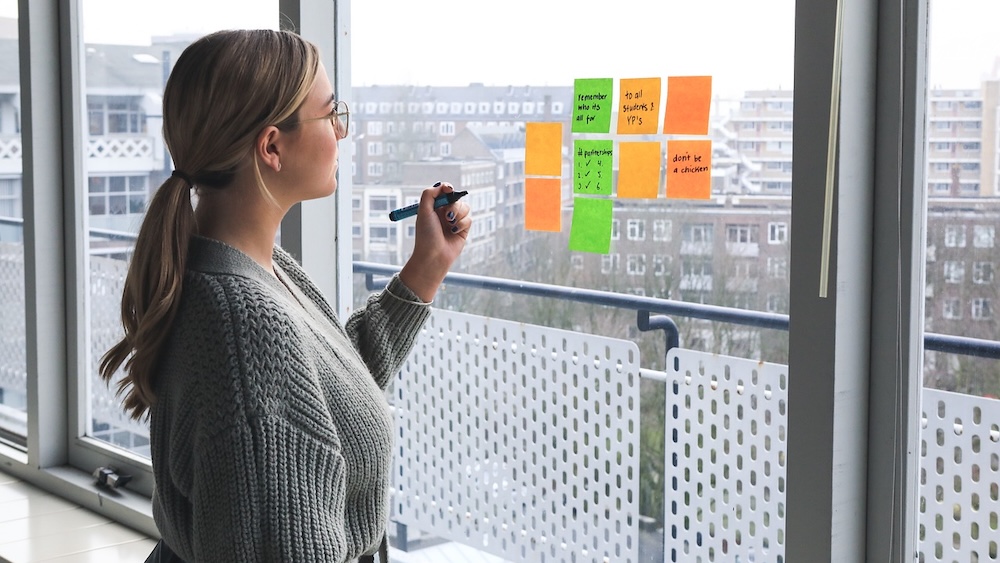


Remember that the past five years have a given us a masterclass on uncertainty in events, and we can draw on what we’ve learned to support our audiences.
‘Planners are notoriously bad at putting our oxygen masks on first.’
Beth Surmont, CMP-Fellow, FASAE, CAE
It’s a challenging time for events, regardless of your industry. Members, customers, students,suppliers — everyone is facing tremendous uncertainty right now. From increasing costs, to loss of attendees due to funding cuts or travel restrictions, to international exhibitors pulling out — things are changing rapidly and we don’t know what will happen next.
But let’s remember that the past five years have a given us a masterclass on uncertainty in events, and we can draw on what we’ve learned to support our audiences and organizations through this latest challenging environment.
1. Prioritize Duty of Care
As event organizers, we have a responsibility — both spoken and unspoken — to care for our audiences. This can take many forms depending on who your audience is. Some groups may need instructions on how to navigate destinations where they feel unsafe. Your CVB is an excellent source to provide local information addressing health-care and LGBTQ+ concerns, as well as accessibility resources. In addition, it is important to recognize that marginalized groups may need quiet spaces for decompression, particularly after any tough discussions in the schedule. A “Zen Den” or “Recharge Room” is a welcome addition for anyone who needs a moment to breathe.
2. Revisit Virtual Options
It’s time to dust off that virtual playbook. While it’s a conversation nobody wants to have, the reality is that some people won’t be able to attend in person. The magnitude of this will shift depending on the industry and event focus. If you have a lot of scientists, or government or international attendees, offering remote access should be a strong consideration. But don’t just blindly make everything hybrid. Use what you have learned over the past five years about what works — and what doesn’t. Understand the requirements for presentation and access, look at your consumption data from previous virtual offerings, and make smart decisions about what can be delivered cost-effectively.
3. Check in With Your Audience
A brief pulse survey can be incredibly helpful in decision-making. Regularly poll your audience — by asking them only two or three questions, you will have a better understanding of how they’re being impacted and by extension, how that will affect your event. Loss of funding, a decline in sales, or supply-chain issues for your audience could all translate to lower event participation. Don’t wait until the last minute — start collecting information now to inform your future planning.
4. Update Your Crisis Plan
Ensure your crisis plan is up-to-date, comprehensive, and includes options to meet in-the-moment challenges. If speakers are prevented from attending, consider holding Town Hall sessions, or peer-to-peer roundtables in their place. Leave space in the schedule to address late-breaking news that could impact your industry. Work closely with your destination partners to understand the possibility of protests within the city and how that could potentially affect the routes to your venues. Create appropriate messaging and a chain of communication to prepare for any event disruptions.
5. Practice Kindness
Perhaps most importantly, now is the time to remember the impact that a kind word can have. The person calling with a question or standing at the registration desk is likely experiencing a high level of stress. People are losing jobs, having their life’s work disrupted, and facing major financial concerns. Don’t underestimate the power of greeting someone with a smile, which could give them a glimpse of much-needed hope. And remember, to do this, we must also take care of ourselves. Planners are under tremendous pressure as well and we’re notoriously bad at putting our oxygen masks on first. Mediate with box breathing, get the good coffee, call a friend — do what it takes to remain calm in the difficulty and be your best for yourself and for others.
The past few years have been a rollercoaster of issues and challenges. Fortunately, that is exactly what event professionals are great at handling. And this time we have processes, data, and learnings to help us navigate.
Beth Surmont, CMP-Fellow, FASAE, CAE, is head of event strategy and design for marketing, strategy, and experience agency 360 Live Media.
Events from Every Angle Archives
Find past Events From Every Angle column here.








